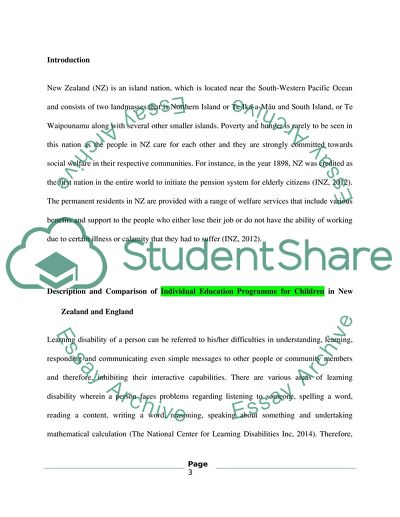Cite this document
(New Zealand Policies Supporting Disabled Children Coursework, n.d.)
New Zealand Policies Supporting Disabled Children Coursework. Retrieved from https://studentshare.org/social-science/1818328-comparative-perspectives
New Zealand Policies Supporting Disabled Children Coursework. Retrieved from https://studentshare.org/social-science/1818328-comparative-perspectives
(New Zealand Policies Supporting Disabled Children Coursework)
New Zealand Policies Supporting Disabled Children Coursework. https://studentshare.org/social-science/1818328-comparative-perspectives.
New Zealand Policies Supporting Disabled Children Coursework. https://studentshare.org/social-science/1818328-comparative-perspectives.
“New Zealand Policies Supporting Disabled Children Coursework”, n.d. https://studentshare.org/social-science/1818328-comparative-perspectives.


